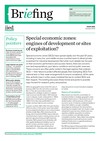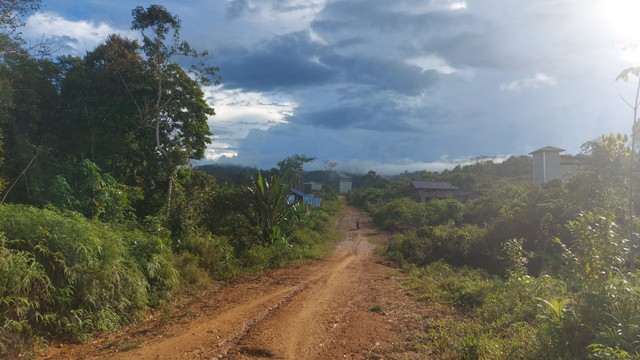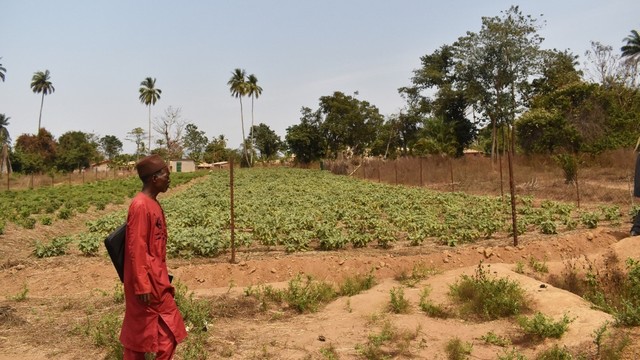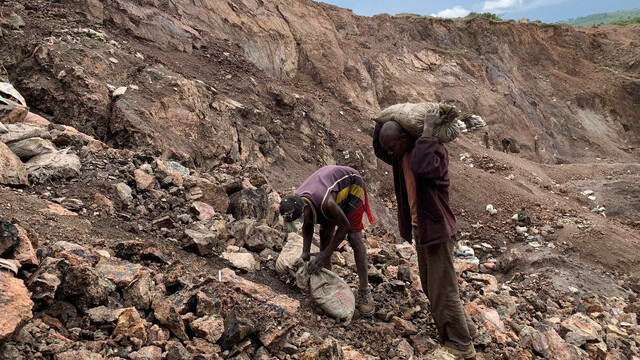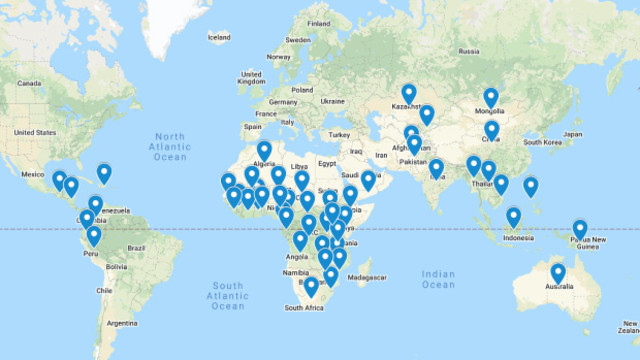Special economic zones: a rights perspective
Governments are establishing special economic zones to promote industrialisation. But the zones have raised concerns over land expropriations and poor labour conditions. IIED works with partners to generate evidence and inform policy at national and international levels.
Principal researcher and head of law, economies and justice programme, Natural Resources research group

The Khan Posenchey Special Economic Zone in Phnom Penh, Cambodia, houses fashion, food, electronic products and more for local and regional consumption (Photo: Chhor Sokunthea/World Bank via Flickr, CC BY-NC-ND 2.0)
Special economic zones (SEZs) have spread rapidly over the past 20 years, including in many low- and middle-income countries keen to attract private investment for industrial development.
But while much debate has focused on their economic performance and success factors, there are concerns over the expropriation of land, the compression of labour rights and lost public revenues.
These concerns are partly rooted in the legal regimes that underpin SEZs – their failure to protect affected people, their exempting SEZs from national laws or their weak arrangements to ensure compliance.
At the same time, many activists have mobilised the law to contest SEZs and their impacts.
What is IIED doing?
IIED works with partners to generate evidence on the social, economic and environmental dimensions of SEZ law and policy, including research and policy work on:
- How the creation and operation of SEZs affect land rights both within and around the zones
- Human rights and labour rights in SEZs, and
- The articulation between national SEZ policies and international economic law.
News and updates
Publications
Additional resources
Les zones économiques spéciales et le foncier : revue des tendances globales, Thierry Berger, Lorenzo Cotula (2023), briefing note | in English
Special Economic Zones and land tenure: global trends and local impacts in Senegal and Madagascar | en français
Labour rights in Special Economic Zones: between unilateralism and transnational law diffusion, Lorenzo Cotula, Liliane Mouan (2021), Journal of International Economic Law
The state of exception and the law of the global economy: a conceptual and empirico-legal inquiry (PDF), Lorenzo Cotula (2017), Transnational Legal Theory
Partners
Over the years, we have collaborated with a range of partners, including:
Comité Technique Foncier et Développement (CTFD)
Observatoire de l’Amenagement du Territoire et du Foncier (Madagascar)
Donors
Our work on SEZs and land rights is supported by donors including:


